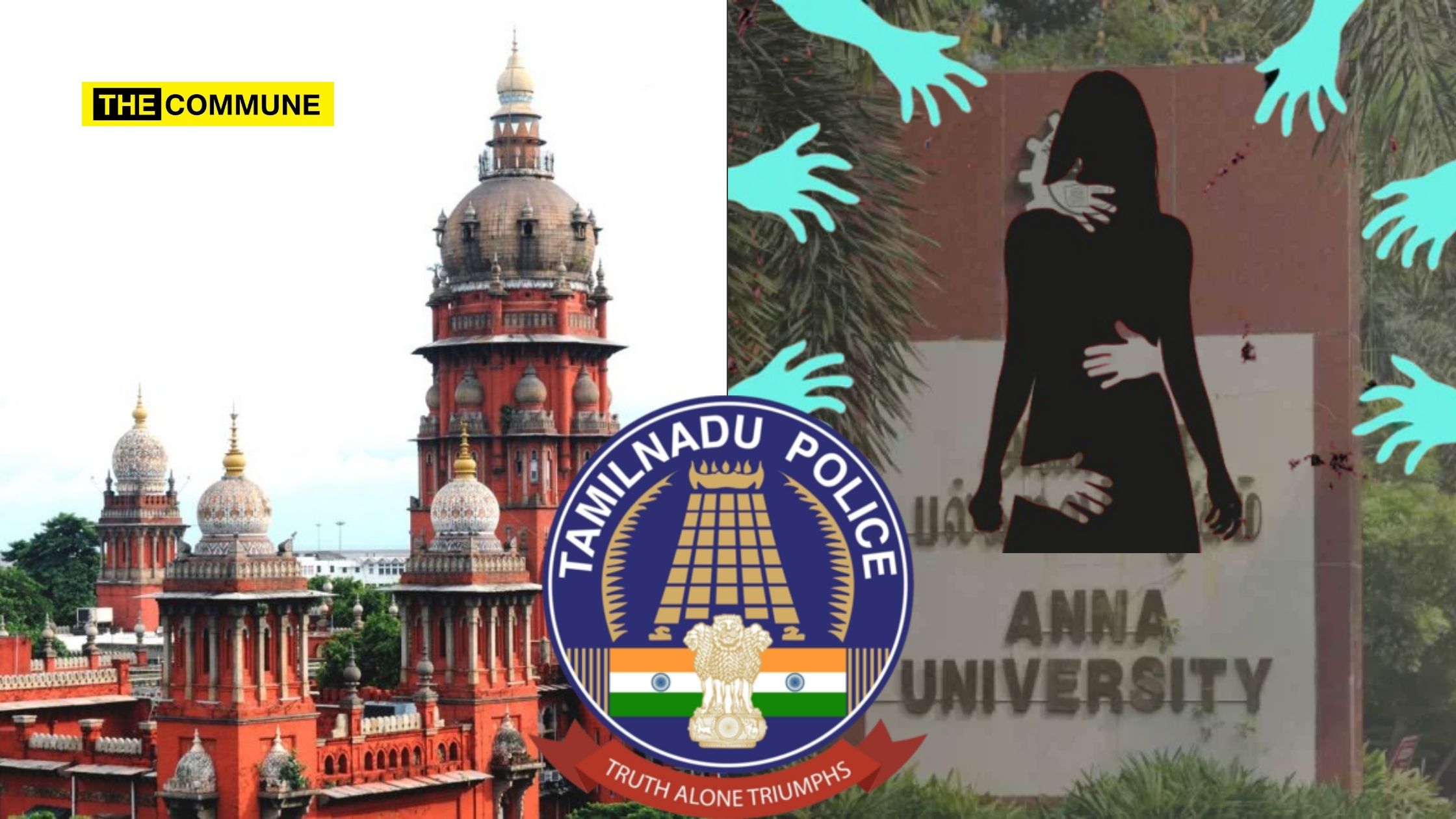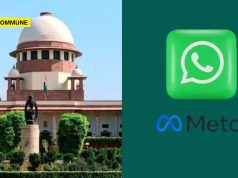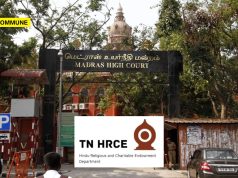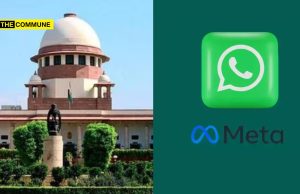
The Madras High Court, in a rare Saturday sitting, witnessed a charged hearing on the handling of the Anna University sexual assault case. Advocate General (AG) P.S. Raman informed the court that the First Information Report (FIR) in the case had been downloaded by 14 individuals before being blocked. He attributed the delay in blocking the FIR to a technical transition from the Indian Penal Code (IPC) to the Bharatiya Nyaya Sanhita (BNS). The AG assured the court that cybercrime authorities are investigating the leak.
Justice Lakshminarayanan questioned how many FIRs related to crimes against women and children had been leaked due to similar glitches since BNS’s implementation on July 1, 2024. The AG maintained that the police had no role in the leak but criticized the media for accessing and publishing the FIR, which included sensitive details about the victim. He warned that the role of media personnel would also be scrutinized during the investigation.
The bench, comprising Justices Lakshminarayanan and Subramaniam, strongly criticized the language of the FIR, labeling it as victim-blaming. Justice Lakshminarayanan remarked, “Have you read the FIR? It is an example of victim blaming. The victim is a student..only 19 years old. Isn’t it the SHO’s duty to assist the victim in registering the FIR, in wording it. It reads like something that we would read in secret in the boys’ hostel. Your police needs to be sensitised. You were dressed in a way to invite the assault. This is what the FIR reads like”.
Justice Subramaniam emphasized that police personnel should have assisted the victim in framing the FIR in a manner that could withstand judicial scrutiny.
Addressing public concerns, the AG defended the Chennai Police Commissioner’s press briefing on the case. He argued that the commissioner acted within the law and carefully stated that “as per the investigation conducted so far, there is only one accused.” Justice Subramaniam questioned why similar briefings were not held for other criminal cases, suggesting an inquiry into the All India Service Rules.
The court also delved into campus security lapses, with Additional Advocate General (AAG) J. Ravindran representing Anna University. The AAG described the university’s safety measures and confirmed that the victim would be allowed to continue her studies. When asked about allegations of systemic sexual harassment on campus, he acknowledged the university’s commitment to investigating such claims and implementing stricter safety protocols.
The role of the media remained a contentious topic. DMK government’s counsel Raman said “The police and the State know their responsibility to keep the victim’s details safe. But the citizens and the media too have such responsibility. Just because they came across her details, they needn’t have posted and shared it.”
Justice Subramaniam underscored the importance of press freedom, stating, “It is because of the press that many wrong actions are brought to light.”
The court concluded by urging both the police and the university to ensure justice for the victim while addressing broader systemic issues, emphasizing the need for institutional accountability and media responsibility.
Subscribe to our channels on Telegram, WhatsApp, and Instagram and get the best stories of the day delivered to you personally.




